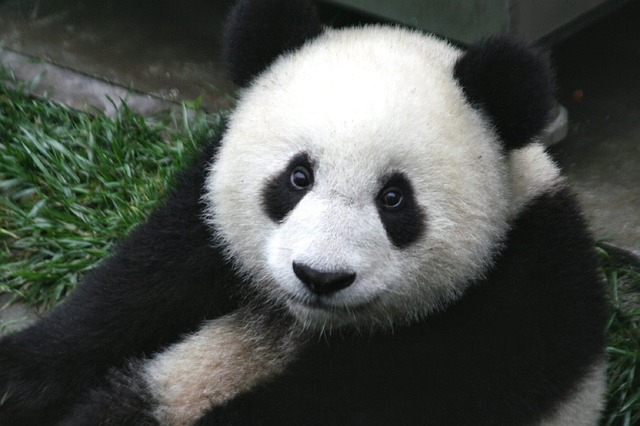
River Safari organisers have decided that two giant pandas Kai Kai and Jia Jia will not be allowed to mate this season so they can increase the chances of pregnancy through artificial insemination.
The pair was allowed to try mating in the last season, but this time, keepers have kept both the pandas apart as the veterinary team, assisted by Professor Ng Soon Chye, an obstetrics and gynaecology specialist, has decided to secure quality semen samples from Kai Kai. This artificial procedure involves deliberate insertion of sperm into a female animal or plant for the purpose of impregnating or fertilizing the female for sexual reproduction.
Dr Sonja Luz, who is the director of conservation, research and veterinary services at Wildlife Reserves Singapore (WRS), a self-funded organisation in Singapore that manages the majority of zoos in the country, said that the aim of the organization was to preserve as much fresh semen as possible from Kai Kai. He also mentioned that in the last mating season, good semen samples were sometimes lost in excitement when the bears were brought together.
In 2015, the 10-year-old Kai Kai and nine-year-old Jia Jia entered the mating season for the first time. But the natural mating procedure and the artificial insemination method had been unsuccessful. So Luz said that this year the keepers extracted almost 1.8ml of a high-quality sample showing 92 percent sperm vitality after the zookeepers found the female panda's hormone showed that she was ovulating. The veterinary team is hopeful for a panda pregnancy later this year.
Reports stated that the WRS' deputy chief executive officer and chief life sciences officer, Dr Cheng Wen-Haur, after a continuous observation on Jia Jia's estrogen levels, said the veterinary team has identified the peak within her ovulation window. In addition to it, he said that the process of artificial insemination became smooth and successful.
These two pandas arrived in 2012 after they were loaned to Singapore by the Chinese government for 10 years. World Wildlife Fund (WWF) stated that pandas are mistakenly believed to be the poor breeders due to the disappointing reproductive performance. But several studies have contradicted the general concept of their breeding.
Here are some breeding facts about pandas,
- Giant pandas reach sexual maturity at 5.5 to 6.5 years.
- A female can mate with several males, who compete over her.
- A male will seek out different females who are on heat.
- The mating season is in spring between March and May.
- Males and females usually associate for no more than 2-4 days.
- Gestation takes from 95-160 days.
- Pandas normally give birth to one baby at a time.
- Twins seem to be born more frequently in captivity when artificial insemination is used.
- The reproductive rate is about 1 cub every 2 years.
Birth facts about pandas,
- A newborn panda cub weighs just 90-130 g.
- A cub is just 1/900th the size of its mother - one of the smallest newborn mammals relative to its mother's size.
- Pandas are dependent on their mothers for the first few months of their lives and are fully weaned away at 8 to 9 months.
- Most pandas leave their mothers when she becomes pregnant again, usually at about 18 months.
- A panda's average lifespan in the wild is 14-20 years.
- But they can live up to 30 years in captivity.









